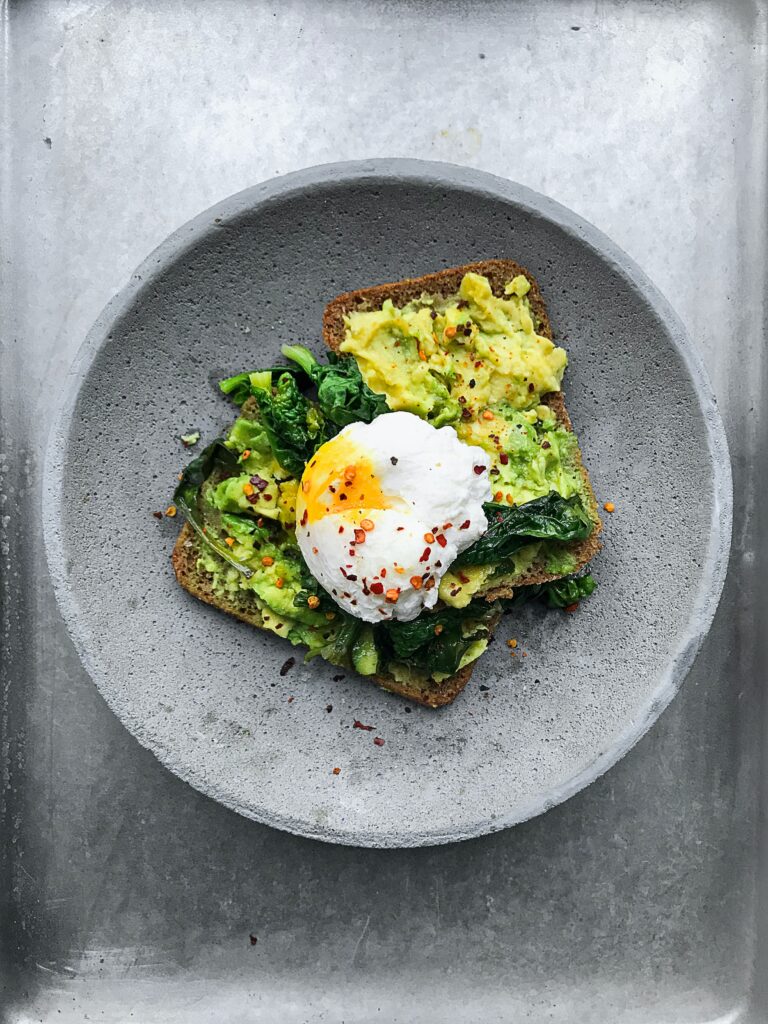How do you know when you should bulk vs. when you should cut?
Are you a healthy body weight? What are your long term goals? Are you training for an event, or gene...
| July 4, 2021
Warning: Undefined variable $post in /home/u355111447/domains/wellnessadept.com/public_html/wp-content/plugins/oxygen/component-framework/components/classes/code-block.class.php(115) : eval()'d code on line 3
Warning: Attempt to read property "ID" on null in /home/u355111447/domains/wellnessadept.com/public_html/wp-content/plugins/oxygen/component-framework/components/classes/code-block.class.php(115) : eval()'d code on line 3
Read time: 4 min.

A big reason people struggle with weight loss is because there’s so much conflicting information out there. How are you supposed to know what’s legitimate?
By the time you’re 30, you’ve tried countless diets, all to no avail. Just to be clear, the only way someone is going to lose weight is through establishing a consistent caloric deficit. How you choose to establish that deficit is 100% up to you. That’s why different people have all successfully lost weight on very different diets. At the end of the day, find a style of eating that suits you best. Now, let’s cover some of the most common myths in the nutrition industry:
If you don’t like to eat a lot of carbs, don’t! If you like to eat carbs, great! They don’t make you fat. Only being in a consistent caloric surplus does that. Personally, I love biasing a high carb split for my clients that are active. It helps with sport’s performance, and people generally enjoy the taste of carbs. Don’t fear the carbs!
Again, the only thing that makes you gain weight is a consistent caloric surplus. Fats are absolutely essential for hormone health, nutrient absorption, blood pressure, cholesterol production and more. Set fats to a minimum of 0.8g/kg of bodyweight, but you can definitely go higher if you have the calories for it.
If you like doing keto, and it helps you adhere to your calories, go for it! Don’t do keto for weight loss alone, however, if you genuinely enjoy eating carbs. If you genuinely cannot sustain your diet long term, any weight loss achieved on the diet will be quickly undone once you come off of it. In addition, athletes tend to do really poorly on keto long term. Especially for sports with a lot of ‘explosive’ movements, like football players, sprinters and Olympic weightlifters.
While fasted cardio may make you feel leaner, it doesn’t make you lose weight faster than ‘fed’ cardio. The net weight loss will be the same, calorie consumption equal. So this will then come down to personal preference. Some people feel nauseous if they do ‘fed’ cardio, in which case, fasted cardio would be the superior option. Others feel lightheaded when they do fasted cardio, making ‘fed’ cardio the best choice for them.
Eating a lot of processed foods can make your calories add up quicker, which could lead to weight gain, but that comes down to the overall calories consumed more than anything else. It’s perfectly reasonable to work in some processed foods, making up a maximum of 20% of your diet.
The mentality of ‘good’ vs ‘bad’ can lead to disordered eating patterns quickly. There is no good vs bad food. There is just food. While the majority of your diet should ideally be whole foods, it’s OK to work in less nutrient dense foods 20% of the time.
If you don’t feel well after eating dairy, don’t eat it! If you don’t notice a difference when you eat dairy vs when you don’t, it is a perfectly healthy food to consume. Some of the longest living populations on earth regularly eat dairy, so if it works for you, feel free to consume without guilt. There are also some studies demonstrating dairy as having anti-inflammatory effects, contradictory to what the latest health guru might’ve told you.
If you want to take an amino acid powder, take an EAA powder, as this would be a more complete option compared to BCAA’s. Otherwise, taking a EAA powder when you’re already sufficiently reaching your daily protein needs, is like turning on the sprinklers when it’s raining outside. It just isn’t necessary. For a vegan client, however, an EAA powder might be helpful to ensure you’re reaching all of your essential amino acid needs.
While eating a large meal before bed isn’t necessarily advised, you can plan out your meals for however works best for you. If eating late at night is when you enjoy having your daily calories most, feel free to continue to do so. Having calories later in the day doesn’t magically make you gain weight.
There was an interesting study where they got people who don’t enjoy eating breakfast to start eating breakfast, to see if they would lose weight. They did not. In fact, they gained weight. The lesson here being, if you don’t enjoy eating breakfast, don’t eat it. If breakfast is something you enjoy, continue to consume it.
These are the top nutrition myths I’ve encountered in the last year alone. The nutrition industry will continue to pump out misinformation in an attempt to increase revenue, so maintain a healthy level of skepticism as you come across new nutrition ‘hacks.’ Ask yourself, ‘how does this work?’, ‘does it make sense?’, and ‘does this information come from multiple reliable sources?’. I would be especially cautious of information coming from a person who has financial interest in their information being true, or suggesting that it works equally for everyone. Nutrition, at its core, is individualized. There will never truly be one diet that is appropriate for everyone.
New articles, content with tips, inspiration, and coaching directly to your inbox.